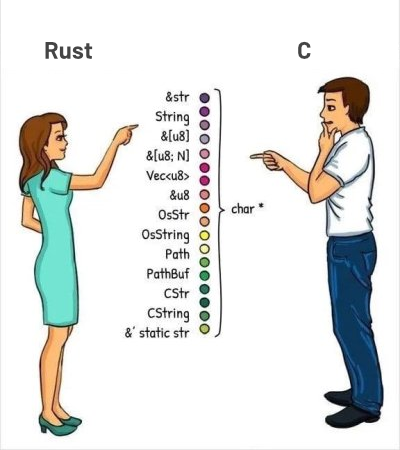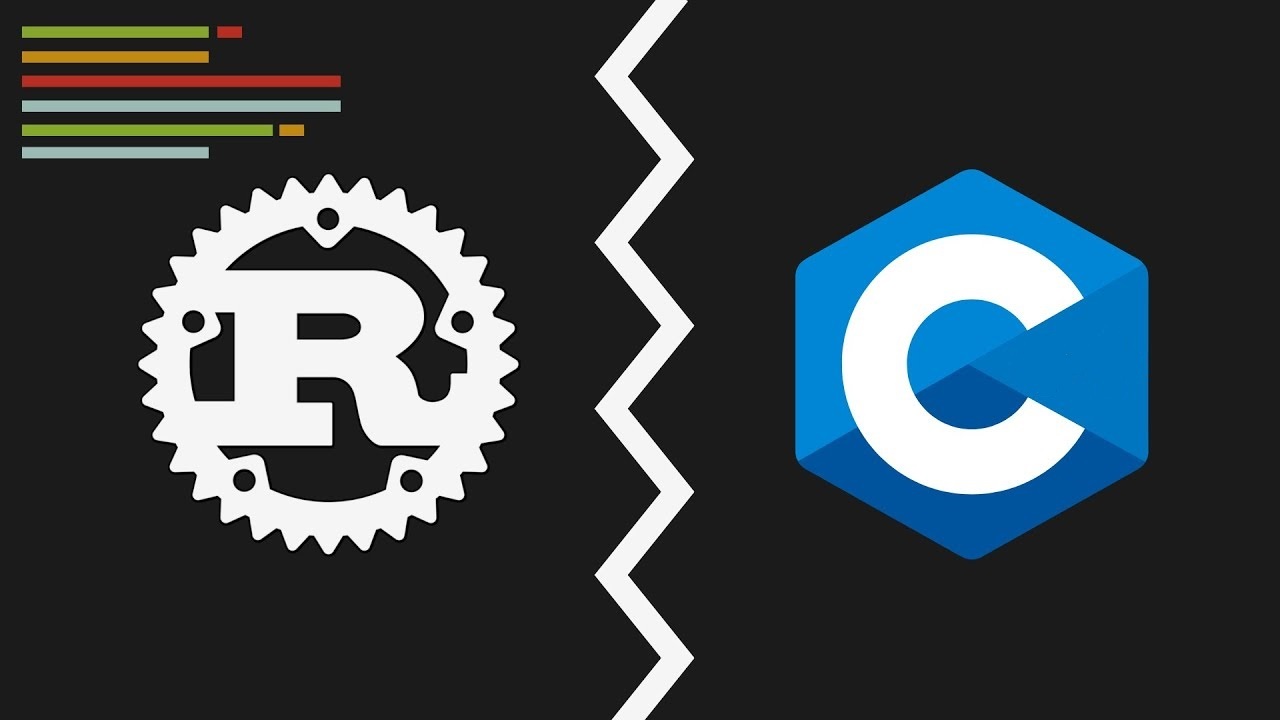this post was submitted on 17 Jan 2024
2 points (51.6% liked)
Programming
21862 readers
154 users here now
Welcome to the main community in programming.dev! Feel free to post anything relating to programming here!
Cross posting is strongly encouraged in the instance. If you feel your post or another person's post makes sense in another community cross post into it.
Hope you enjoy the instance!
Rules
Rules
- Follow the programming.dev instance rules
- Keep content related to programming in some way
- If you're posting long videos try to add in some form of tldr for those who don't want to watch videos
Wormhole
Follow the wormhole through a path of communities !webdev@programming.dev
founded 2 years ago
MODERATORS
you are viewing a single comment's thread
view the rest of the comments
view the rest of the comments



There are several things I disagree with in this article, although I see where the author is coming from. I will never be onboard with "I’ll take my segfaults and buffer overflows.", and I fundamentally disagree about concurrency. I also think that cargo is fantastic, and a lack of standard build tools is one thing that holds rust's predecessors back.
However, a majority of the authors points can be boiled down to "C is more mature", which doesn't tell us much about the long-term viability and value of these languages. For example, in the author's metric of stability and complexity, they use C99 as the baseline, but C99 is the state of a language that had already had almost 3 decades of development, whereas Rust has been stable for less than a decade. Talking about superior portability, stability, and even spec, implementations, and ABI is in some real sense just saying "C is older".
That's not to say those things aren't valuable, but rather they aren't immutable characteristics of either language. And given that safety is playing an ever more important role in software, especially systems software, I think Rust will catch up in all the ways that are meaningful for real projects more quickly than most of us realize. I certainly don't think it's going anywhere anytime soon.
Also worth noting this article is nearly five years old. Rust's first stable release was nearly nine years ago, so its (stable) age has more than doubled since then. I expect Rust would look a lot more mature if the article was written today.
In terms of changes, probably.
The kitchen sink feature creep is continuing though. You can consider that good or bad, but it's a fact that it is happening.
Brushing off safety in a single small paragraph sure makes me feel like its not trying to make a serious argument. Sure a handyman likes the simplicity and freedom, but considering this:
From Wikipedia, it's pretty clear memory security is a pretty substantial topic in the programming world. Brushing that off because you do not care makes for a bad argument.